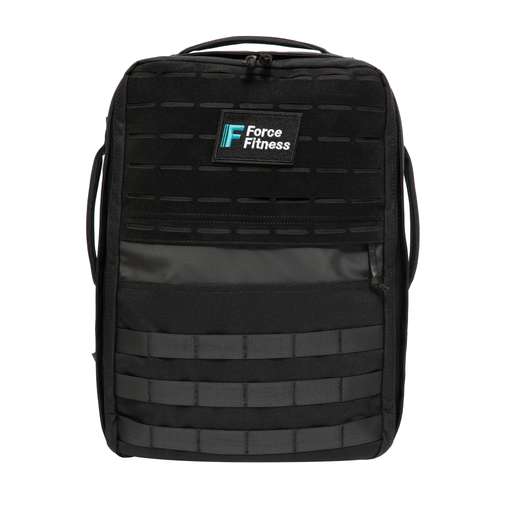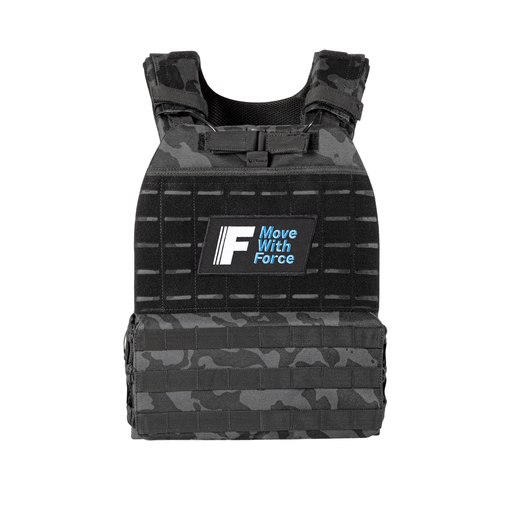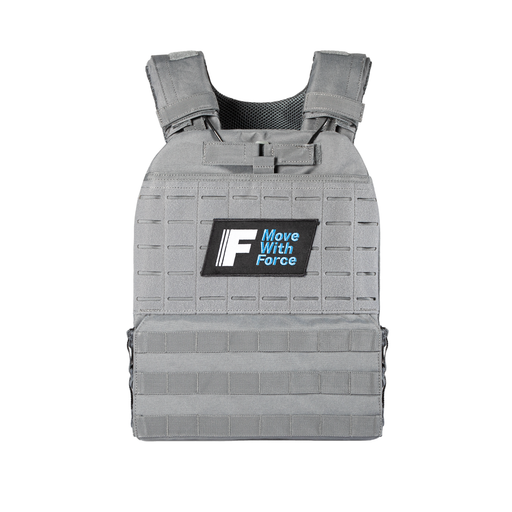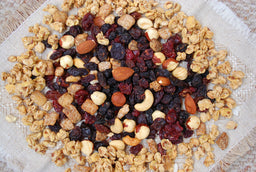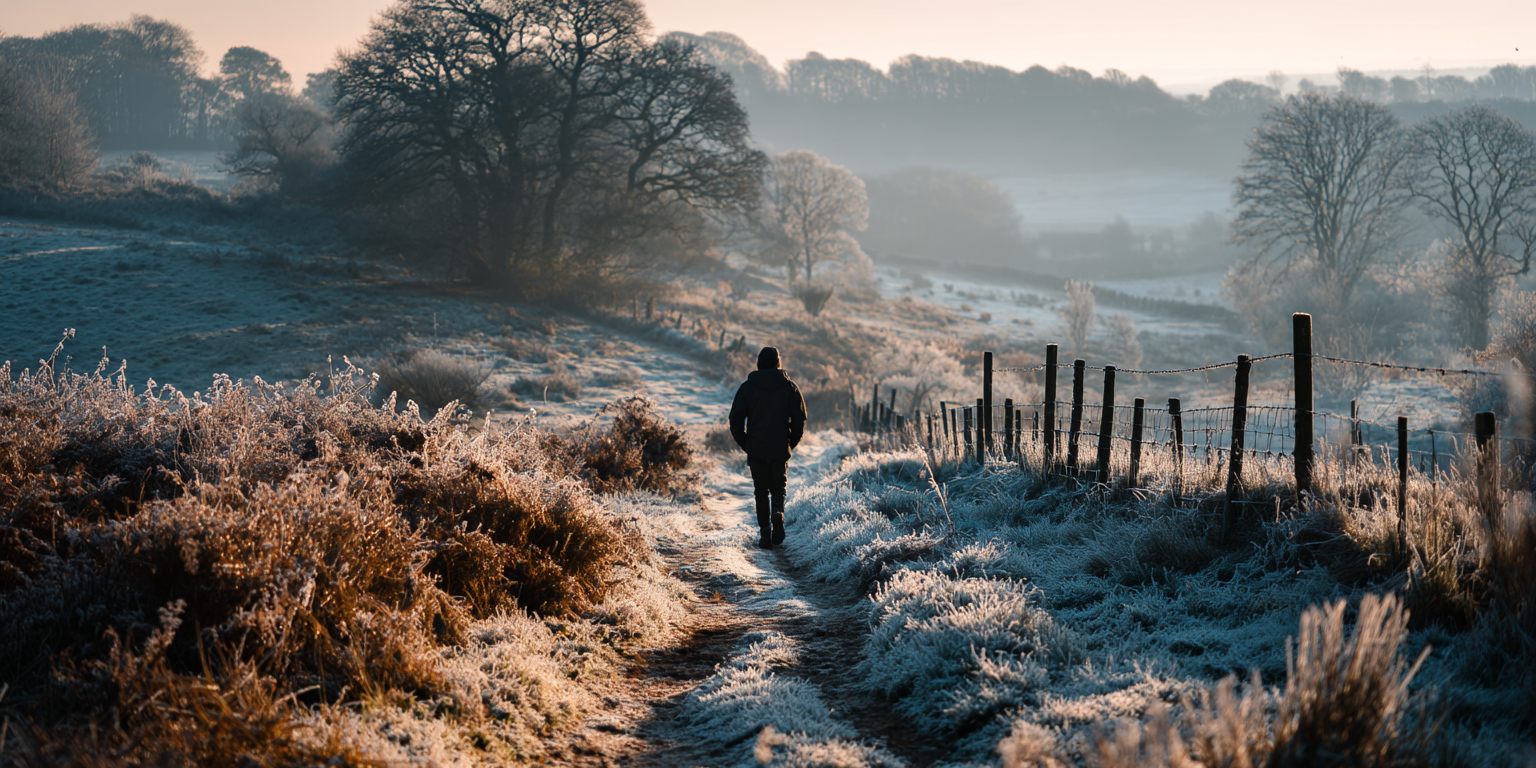
Strengthen Your Immune System for Winter with Rucking
As winter rolls in, many people find themselves more susceptible to colds, flu, and other seasonal infections. Shorter days, colder temperatures, dry indoor air, and increased time indoors often combine to make the immune system work harder. But while many focus on staying warm and taking vitamins, an often-underappreciated strategy is outdoor functional fitness — especially things like rucking with a weighted vest. These can help bolster immune defenses, though the science isn’t always headline-level. Below is a look at why winter increases illness risk, how outdoor fitness can help, particularly rucking, and practical tips to reduce your risk of getting sick.
Why winter months often lead to higher illness risk
-
Environmental factors: Cold air holds less moisture, which means indoor and outdoor air tends to be dry; mucous membranes (nose, throat) dry out more easily, reducing their ability to trap pathogens. Also, people spend more time indoors, often with poorer ventilation, increasing exposure to airborne pathogens.
-
Lower vitamin D levels: Reduced sunlight in winter lowers skin synthesis of vitamin D, which plays a role in immune regulation. Low vitamin D has been associated with greater risk of respiratory infections.
-
Stress, sleep & lifestyle changes: Holiday season, colder weather, and shorter daylight can disrupt sleep, increase stress, reduce physical activity. Poor sleep and high stress are well known to impair immune function.
-
Reduced physical activity: Many people reduce their outdoor activity in winter, which can reduce the immune benefits conferred by regular moderate exercise.
How outdoor training can reduce risk — the evidence
Regular physical activity, especially outdoors, has several beneficial effects on the immune system. Some relevant findings:
-
A review by Nieman and Wentz (2019) finds that moderate exercise enhances immune surveillance: increased circulation of immune cells, reductions in chronic inflammation, and better antioxidant capacity.
-
Exercise modulates immune function not just short-term but long term: reducing risk of infections, improving immune response to vaccines, lowering markers of inflammation.
-
A specific study “Effect of Winter Outdoor Physical Activity on Body Composition and Motor Efficiency” (2023) showed that frequent outdoor activity during winter has measurable improvements in health metrics, including body composition and motor function, which indirectly relate to better metabolic health & immune resilience
-
Cold-weather workouts also seem to burn more calories and push physiological systems in stimulus mode, which can lead to improved cardiovascular health and possibly better immune function via reduced obesity and metabolic strain, both risk factors for illness
Methods of outdoor training in winter & specific benefits of rucking with a weighted vest
Here are outdoor training approaches well suited to winter, plus what research or reasoning suggests about their immune benefits.
|
Activity / Method |
How to Use in Winter |
Potential Immune & Health Benefits |
|
Rucking with a weighted vest |
Walk or hike with a weighted vest (e.g. 5-10% of bodyweight to start). Increase gradually. Use proper footwear, dress in layers, warm up well. |
Adds resistance, increasing cardiovascular load and caloric burn; supports muscle strength which supports immune health; helps maintain lean mass; increases energy expenditure. Also the additional stress is moderate, not extreme, which tends to boost immune surveillance rather than suppress it. (VerywellHealth article notes walking with a vest improves cardiovascular fitness and burns more calories. Verywell Health) |
|
Outdoor functional circuits |
Use bodyweight or minimal equipment (pull-ups, squats, lunges, dorsals, push-ups). Incorporate bursts of movement. Use outdoor parks, trails etc. |
Engages multiple muscle groups, improves cardiovascular function, helps maintain metabolic health. Exercise-immune literature suggests moderate intensity functional workouts are good for immune cell circulation. |
|
Cold exposure / brisk walking / hiking |
Regular walks outside, hiking through parks, brisk pace. Exposure to cold (not freezing) can upregulate certain metabolic and immune processes. Dress properly. |
Increased calorie burn, possible adaptation in brown fat; improved circulation; possibly enhanced immune cell function. Fresh air also reduces exposure to indoor pathogens. |
Other supportive health care tips
Outdoor fitness alone isn’t enough. These additional practices amplify immune readiness:
-
Nutrition: Adequate protein intake to support immune cell and muscle repair. Sufficient micronutrients — especially vitamin D, C, zinc, iron.
-
Sleep: 7-9 hours per night; poor sleep reduces immune response.
-
Stress management: Chronic stress suppresses immune function. Outdoor activity helps here, but pairing with mindfulness, rest, social support helps.
-
Hygiene: Washing hands, avoiding close contact when sick, maintaining clean gear.
-
Layering and clothing: Warm, moisture-wicking gear; avoid prolonged exposure in wet, windy conditions.
Winter brings a convergence of factors that increase susceptibility to illness: cold dry air, reduced vitamin D, more time indoors, and sometimes reduced physical activity. However, regular outdoor functional fitness — particularly rucking with a weighted vest, brisk walking, and outdoor circuits — appears to offer measurable protective benefits. These methods boost metabolic health, stimulate immune surveillance, help maintain muscle and cardiovascular function, all of which contribute to a more robust immune response.
When combined with solid diet, sleep, stress management, and basic hygiene, outdoor training in winter can be a powerful strategy to reduce your risk of seasonal illness. So bundle up, get outside, load up that vest (carefully), and let your immune system benefit from movement in the cold. Your body will thank you when flu season rolls around.





